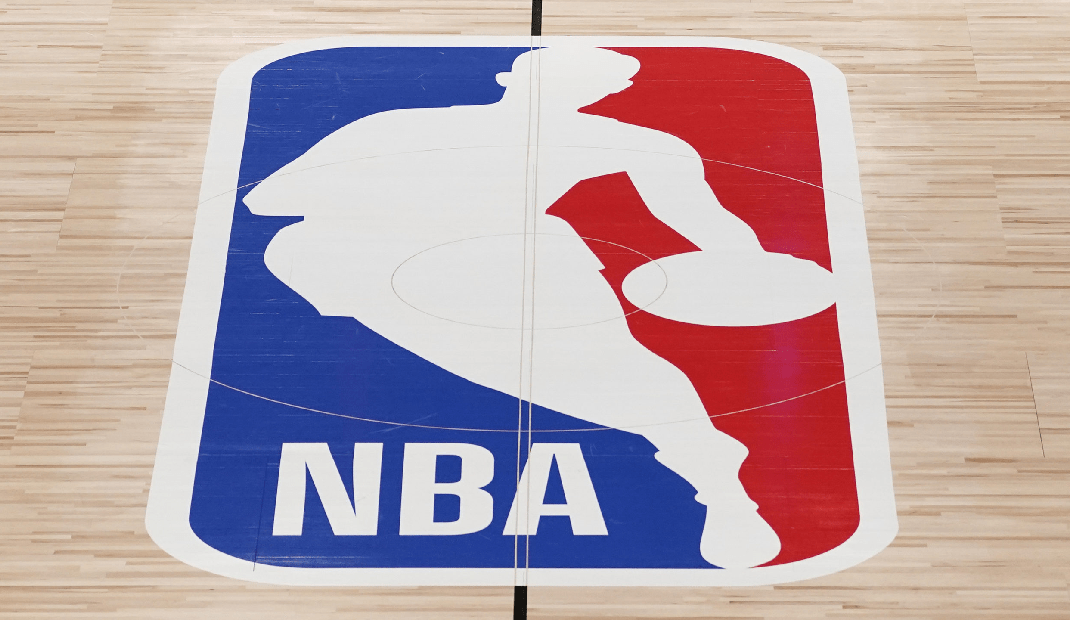According to a new GambleAware research, 81% of problem gamblers complete a 12-week program
GambleAware has now published a new research, the findings of which reveal that individuals who are afflicted with gambling problems can see a significant improvement in their condition after attending only six consultations with the National Gambling Therapy Program (NGTS). 77% of participants continued to make progress with their addiction even after the initial six sessions of therapy, and 56% exhibited a substantial increase in their overall well-being following the conclusion of treatment.
The Chief Commissioning Officer at Gamble Aware, Anna Hargrave, commented on the findings as follows: "We know that the National Gambling Treatment Service makes a real difference to service users, and we've already seen how its user-led approach can have a positive impact on the lives of people experiencing gambling harms across Britain."
"Nevertheless, it is heartening to learn about fresh discoveries that illustrate how rapidly progress may be made. These fresh realizations about the potentially optimal range of appointments, as well as the significance of encouraging patients to keep all of their scheduled appointments and see the treatment through to its conclusion, will help the service become even more efficient. This may result in more individuals being helped, and they may receive assistance more rapidly."
In addition, the findings of the study demonstrated that 81 percent of participants finished the treatment program that lasted for 12 weeks; nevertheless, going to 14 visits was the factor that made the greatest impact on the overall health of problem gamblers.
It was also projected that one out of every ten adults in the United Kingdom is at danger of having a gambling issue. Problem gambling is defined as the point at which gambling becomes damaging to people and has 'disastrous effects' on their life.
The study was compiled using information that was gathered over the course of three years. Ben Hackman, who was one of the authors of the paper, stated that "These findings contribute to the increasing body of evidence emphasizing the success of the National Gambling Therapy Service."
"The evaluation and treatment of problem gambling is a relatively young discipline, with a depressingly rising demand. Because of this, it is necessary for us to consistently examine our own preconceptions about what works."









